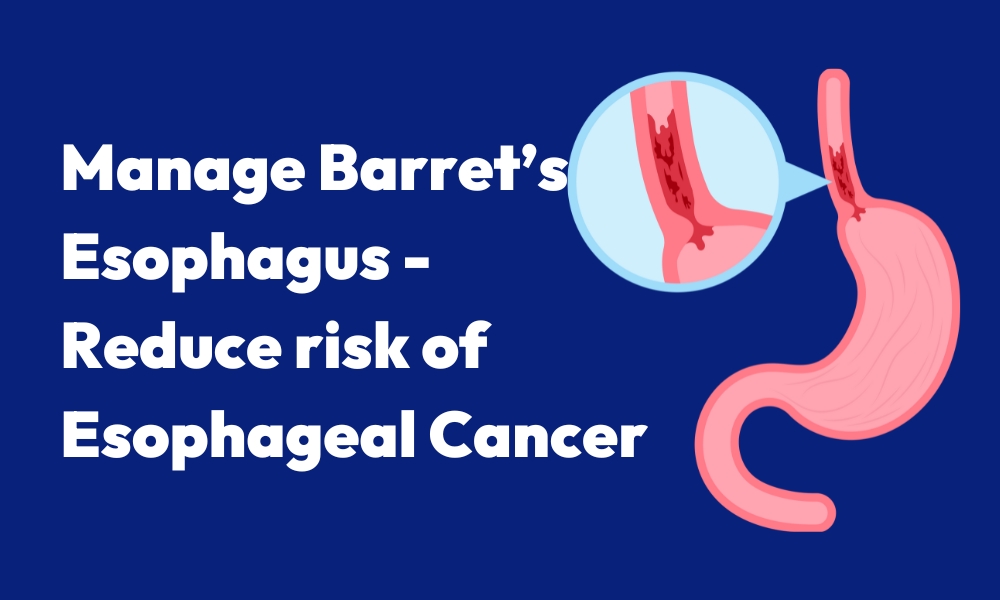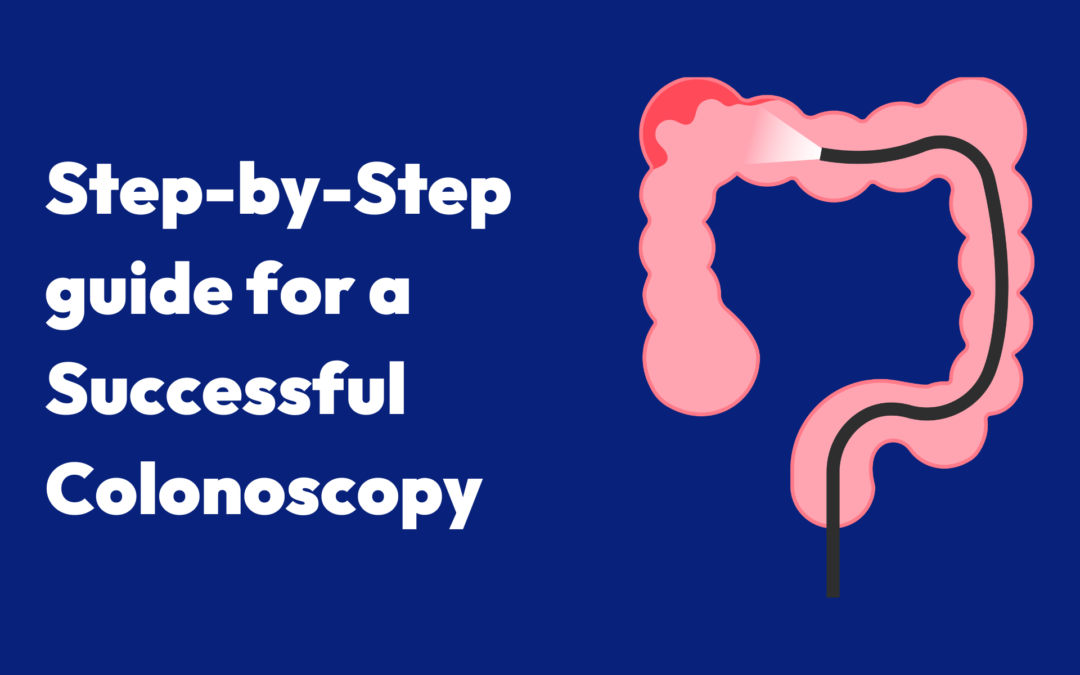Introduction
Barrett’s esophagus is a concerning condition that can develop in individuals with chronic acid reflux or gastroesophageal reflux disease (GERD). This precancerous condition occurs when the normal lining of the esophagus, the tube that connects the throat to the stomach, is replaced by a different type of cells that are more similar to the lining of the intestine.
While Barrett’s esophagus itself does not cause symptoms, it significantly increases the risk of developing esophageal cancer, a serious and potentially life-threatening condition.
Understanding Barrett’s Esophagus
Barrett’s esophagus is typically diagnosed through an endoscopic examination, where a small camera is inserted into the esophagus to examine the lining. During this procedure, the doctor may also take a small tissue sample (biopsy) to confirm the diagnosis. It’s important to note that not all individuals with GERD will develop Barrett’s esophagus, and not all people with Barrett’s esophagus will go on to develop esophageal cancer. However, the presence of Barrett’s esophagus does warrant close monitoring and management to reduce the risk of cancer.
Lifestyle Changes
Managing Barrett’s Esophagus effectively involves several lifestyle adjustments that can significantly reduce symptoms and slow the condition’s progression. Key strategies include:
- Dietary Modifications: Avoid foods and beverages that trigger reflux, such as fatty foods, caffeine, chocolate, and spicy foods. These substances can weaken the lower esophageal sphincter, allowing stomach acid to escape into the esophagus more easily.
- Weight Management: Being overweight or obese increases the pressure on the stomach, which can lead to increased reflux. Maintaining a healthy weight through a balanced diet and regular exercise can help reduce these pressures and symptoms.
- Avoiding Harmful Substances: Smoking and excessive alcohol consumption can both exacerbate GERD symptoms and should be avoided. Both tobacco and alcohol can irritate the esophagus and worsen the conditions under which Barrett’s Esophagus develops.
- Eating Habits: Eating smaller, more frequent meals rather than large meals can prevent the stomach from becoming too full and pushing acid up into the esophagus. Furthermore, avoiding eating late at night or lying down right after meals can also help reduce reflux.
Reach out to us for best digestive health care
We are top gastroenterology medical clinic in Shavano Park, Texas. Don’t take our word for it, check out our reviews
👉 here.
Medical Interventions to Manage Barrett’s Esophagus
In addition to lifestyle changes, medical interventions play a critical role in managing Barrett’s Esophagus, especially for those with severe cases or who are at high risk of developing esophageal cancer:
- Medication: Proton pump inhibitors (PPIs) are commonly prescribed to reduce the amount of stomach acid produced, helping to alleviate symptoms and prevent further damage to the esophagus lining.
- Surveillance Endoscopy: Regular endoscopies are recommended to monitor changes in the esophagus. During this procedure, a small camera is inserted into the esophagus to look for precancerous cells or changes in tissue structure.
- Advanced Treatments: For those with high-grade dysplasia, more aggressive treatments may be necessary. Options include radiofrequency ablation, which uses heat to remove abnormal cells, or endoscopic mucosal resection, a procedure that involves removing damaged tissue.
Conclusion and Call to Action
Understanding and managing Barrett’s Esophagus is crucial for preventing its progression to esophageal cancer. If you or someone you know is experiencing symptoms of GERD or has been diagnosed with Barrett’s Esophagus, it is important to take action to manage the condition.
At Gastro Star, Dr. Desh Sharma specializes in the treatment of Barrett’s Esophagus and other gastrointestinal conditions. Located in Texas, Gastro Star is equipped with the latest technologies and treatments designed to provide the best care possible. We encourage you to schedule an appointment with Dr. Sharma to discuss your condition and explore your treatment options.
Remember, early detection and management are key to preventing serious complications associated with Barrett’s Esophagus. Don’t hesitate to contact Gastro Star and take the first step towards better gastrointestinal health today.
This approach provides readers with a comprehensive overview of Barrett’s Esophagus, emphasizing the importance of both lifestyle modifications and medical interventions in managing the condition and reducing the risk of esophageal cancer.




